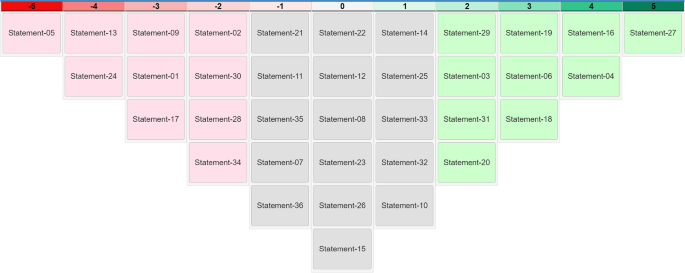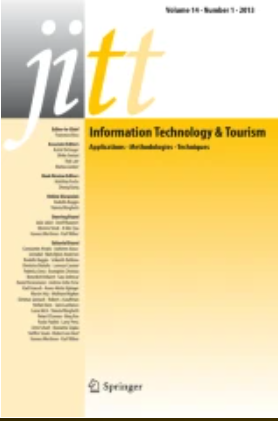虚拟世界与旅游发展:利益相关者感知中的问题与机遇
IF 7
3区 管理学
Q1 HOSPITALITY, LEISURE, SPORT & TOURISM
引用次数: 0
摘要
近年来,人们对旅游景点(如考古公园、博物馆、海滨度假胜地、自然保护区等)的管理者如何接受、拒绝、整合和受益于数字化转型越来越感兴趣。此外,一致的案例研究文献强调了采用技术先进的工具如何能够为这些吸引因素所在的地区产生积极的外部性。然而,目前尚不清楚不同的旅游利益相关者在其战略中如何重视包括Metaverse工具。在本文中,我们探讨了利益相关者在其战略中嵌入元工具的偏好,并检查了偏好集群的存在。本研究应用了最近发展的q-方法论,它允许用多属性和多层次的公式代替经典的q语句公式。数据由西西里地区的利益攸关方参与收集。本探索性研究的结果表明,meta - verse工具的使用受到利益相关者感知的影响,并证实了利益相关者群体之间存在异质性偏好,正如创新扩散模型所预期的那样。主流观点认为要充分意识到虚拟工具,并认为它们比社交工具略差。一些涉众没有足够的元界知识。我们可以认为,我们仍然处于一个过渡的时刻,在Metaverse对旅游部门竞争力的影响影响的基础上,从说服阶段到评估和决策阶段。Metaverse创新的采用率可能还没有达到临界质量。本文章由计算机程序翻译,如有差异,请以英文原文为准。

Metaverse and tourism development: issues and opportunities in stakeholders’ perception
Abstract In recent years, understanding how the managers of tourism attractors (such as archaeological parks, museums, seaside resorts, nature reserves, etc...) adopt, refuse, integrate, and benefit from the digital transformation has received growing interest. In addition, consistent case-study literature highlights how adopting technologically advanced tools can generate positive externalities for the territories in which such attractors are located. However, it is still unclear how different tourism stakeholders value including Metaverse tools in their strategies. In this paper, we explore stakeholders’ preferences for embedding metaverse tools in their strategy, and we check for the existence of cluster of preferences. The study applies a recent development of Q-methodology which allows substituting classical q-statements formulation with multi-attribute and multi-level formulations. Data are collected by involving stakeholders from Sicilian territories. The results of this exploratory study demonstrate that the use of the Metaverse tool is influenced by the perception of the stakeholders and confirm the existence of heterogeneous preferences among groups of stakeholders, as expected in a diffusion model of innovation. The dominant point of view considers a full awareness of the metaverse tools and perceives them as slightly worse than the social ones. Some stakeholders do not have adequate knowledge of the Metaverse. We can argue that we are still in a moment of transition in the diffusion of the Metaverse between the phase of persuasion and that of evaluation and decision on the basis of the impact effects of the Metaverse on competitiveness within the tourism sector. The critical mass may not have been reached yet in the adoption rate of Metaverse innovation.
求助全文
通过发布文献求助,成功后即可免费获取论文全文。
去求助
来源期刊

Information Technology & Tourism
HOSPITALITY, LEISURE, SPORT & TOURISM-
CiteScore
18.10
自引率
5.40%
发文量
22
期刊介绍:
Information Technology & Tourism stands as the pioneer interdisciplinary journal dedicated to exploring the essence and impact of digital technology in tourism, travel, and hospitality. It delves into challenges emerging at the crossroads of IT and the domains of tourism, travel, and hospitality, embracing perspectives from both technical and social sciences. The journal covers a broad spectrum of topics, including but not limited to the development, adoption, use, management, and governance of digital technology. It supports both theory-focused research and studies with direct relevance to the industry.
 求助内容:
求助内容: 应助结果提醒方式:
应助结果提醒方式:


